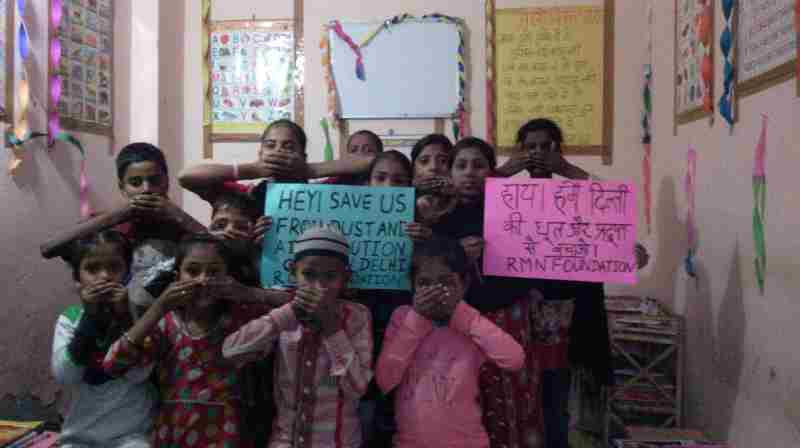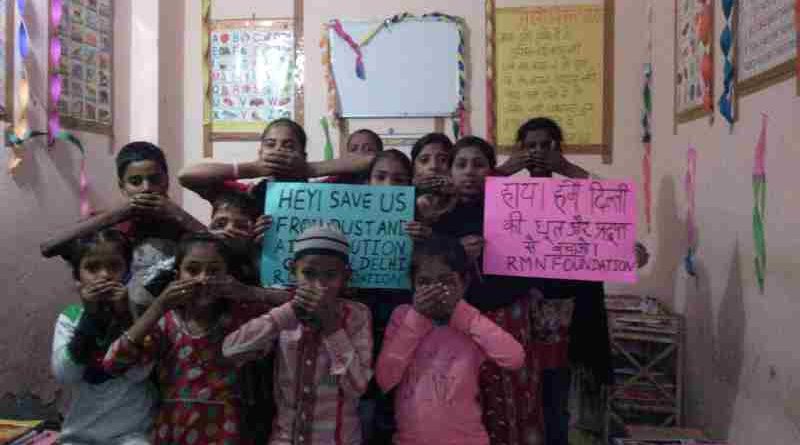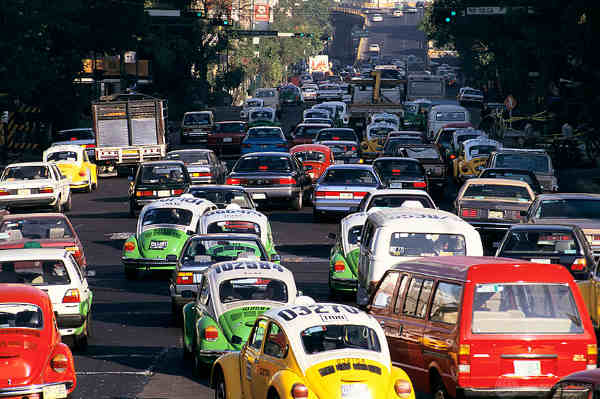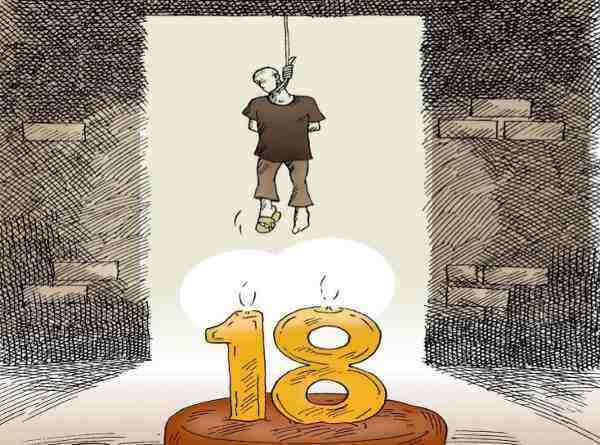Pollution Kills 1.7 Million Children Each Year: WHO

More than 1 in 4 deaths of children under 5 years of age are attributable to unhealthy environments. Every year, environmental risks – such as indoor and outdoor air pollution, second-hand smoke, unsafe water, lack of sanitation, and inadequate hygiene – take the lives of 1.7 million children under 5 years, say new WHO reports.
The first report, Inheriting a Sustainable World: Atlas on Children’s Health and the Environment reveals that a large portion of the most common causes of death among children aged 1 month to 5 years – diarrhoea, malaria and pneumonia – are preventable by interventions known to reduce environmental risks, such as access to safe water and clean cooking fuels.
[ Who Is Responsible for Crimes and Corruption in Delhi Schools? ]
“A polluted environment is a deadly one – particularly for young children,” says Dr. Margaret Chan, WHO Director-General. “Their developing organs and immune systems, and smaller bodies and airways, make them especially vulnerable to dirty air and water.”
Harmful exposures can start in the mother’s womb and increase the risk of premature birth.
Additionally, when infants and pre-schoolers are exposed to indoor and outdoor air pollution and second-hand smoke they have an increased risk of pneumonia in childhood, and a lifelong increased risk of chronic respiratory diseases, such as asthma.
[ Air Pollution Kills Over 600,000 People Every Year in India ]
According to WHO, exposure to air pollution may also increase their lifelong risk of heart disease, stroke and cancer.
Under the Sustainable Development Goals (SDGs) countries are working on a set of targets to guide interventions for children’s environmental health, as well as to end preventable deaths of newborns and children under five by 2030.
In addition to SDG 3, which aims to ensure healthy lives and promote well-being for all, other SDGs work to improve water, sanitation and hygiene, transition to clean energy to reduce air pollution, and reverse climate change – all of which will have an impact on children’s health.




